Q&A on Mental Health with Back Azimuth Solutions
Tyler Heisey is a Marine Corps Veteran and the driving force behind the Instagram account Back Azimuth Solutions. Known for his honesty, he openly shares his experiences with mental health, his challenges while transitioning from active duty to civilian life, and his journey to become a licensed mental health professional.
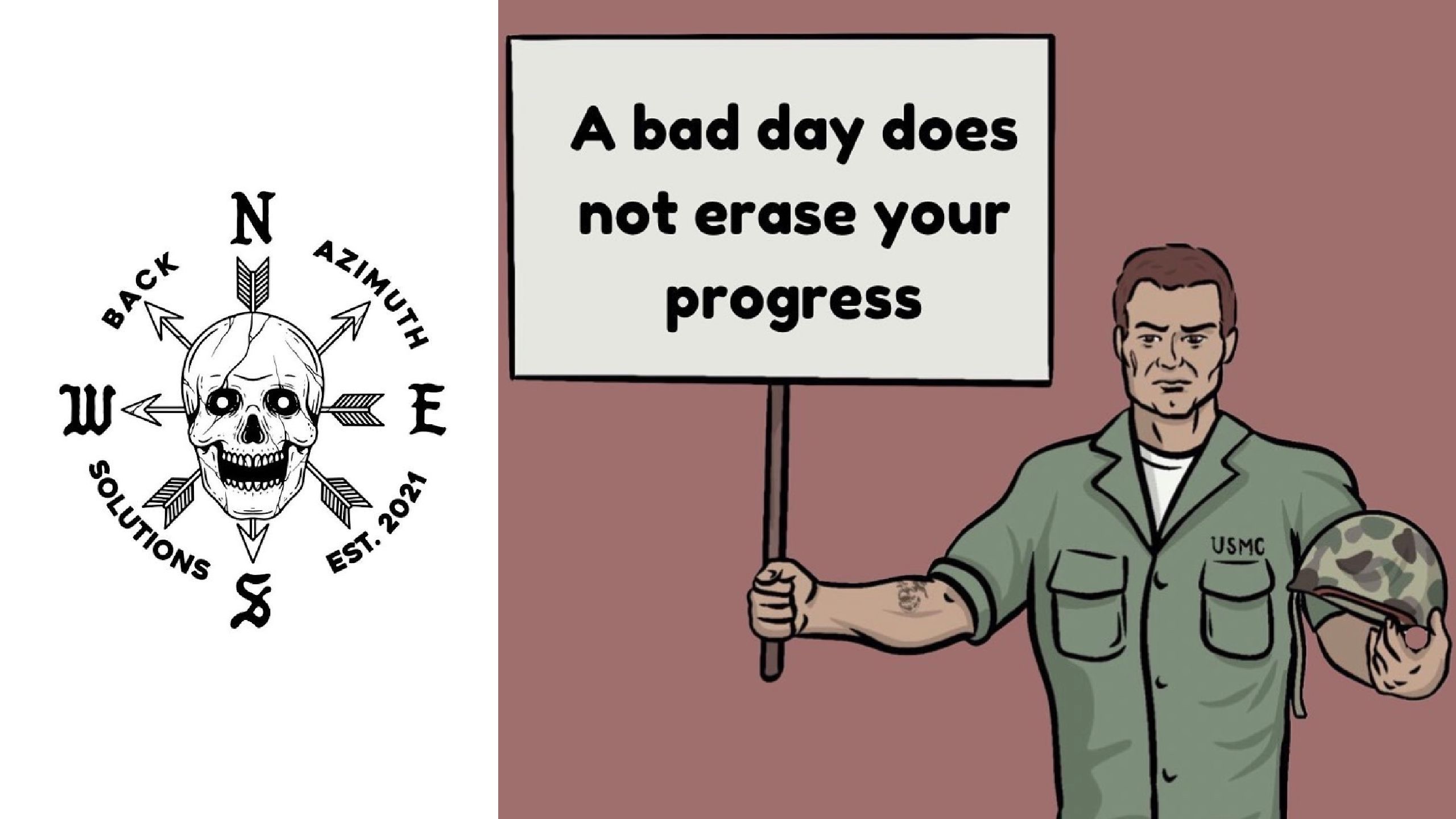
Tyler’s poignant metaphors, heavily influenced by his time in the infantry, resonate with themes of community, family, and the unbreakable bond of service. Most importantly, he provides fact-checked information on depression, trauma, and suicide, ensuring a well-rounded approach to mental health awareness. In a time when echo chambers of despair and social media-fueled anger garner thousands of likes and media attention but yield no real progress, Tyler emerges as a distinct voice representing a new generation of veterans who prioritize a relentless dedication to mental health. So we invited Tyler to give us his thoughts on the mission of Back Azimuth Solutions.

Q&A with Back Azimuth Solutions
How did your experience as a GWOT Veteran influence your decision to pursue a career in mental health?
In the service, I was raised never to be weak, malinger, or fail at anything. I was instilled with a true warfighting spirit, and nothing else mattered. At the time of my service, mental health was something that was never discussed. But after seven years of service, three deployments, and a family, I was medically retired from Wounded Warrior Battalion-West. I had a family to care for when I returned to the Chicago area, so I dumped 50-80 hours a week into work and kept my feelings bottled up. I had felt like I betrayed my brothers because I was alive and had all my limbs, but I was essentially fired from the Corps. Keeping it all inside created a psychological pressure cooker that eventually detonated.
The fallout impacted my job, friendships, children, and my then-marriage. Eventually, I attended a residential program where I spent a few weeks with other Veterans going through intensive mental health work, individually and as a group. This was the pivotal point for me professionally and I realized that I genuinely enjoyed working with other Veterans, sharing my own story, and reflecting on how providers were able to help us climb out of despair. From then on, I began shaping my world around serving the community.
What key lessons or skills from your service might apply to a mental health professional role?
We all joined to serve our nation and the greater military community. Being able to work with other Veterans by establishing a treatment plan (think: planning a patrol route), coming up with some goals (target reference points), and then guiding them (overwatch) through the therapeutic process is incredibly rewarding and a sense of fulfillment that a lot of us miss when we are out. But being in the service is challenging. We all embrace the “suck” in one way or another. Therapy is an emotionally taxing job working with others to overcome their problems. It requires a different type of routine fitness: emotional and psychological self-care.
You’ve shared bits and pieces online about your mental health journey. How do you balance your personal experiences with maintaining boundaries as a social media figure?
I share parts of my story but I will never go into the specifics behind my suicide attempts or other deeply personal situations. The page is intended to be a living-breathing mental health advocate, support system, and education outlet. Since this page has grown exponentially in such a short amount of time, I have to remind myself this page is not about me. I have to check myself after every single post I create to ensure it is being pushed out for the right reasons. It’s not about me. It’s for the community. That is where the biggest boundary comes into play for me. Once I’m a licensed therapist there’s an entirely new level of ethical obligation that I must follow for the betterment of the entire community and any clientele that may view the page.
What are the most significant mental health red flags or pet peeves you’ve noticed online?
- I love that mental health is becoming normalized online, especially within the community. But many people talk out of their asses without actually educating themselves on the topics they are speaking about. Social media is intended to provide value and not just views and likes.
- Stoicism is being bastardized into that same old toxic mentality of denying your feelings and saying nothing.
- Instead of sharing insight or growth from a traumatic experience, some people air dirty laundry or trauma dump just because it feels good at the moment.
- Individuals over-identifying with their diagnoses. We had lived experiences that result in maladaptive behaviors as a way to cope and survive. I was diagnosed with PTSD, but I was never a person with PTSD. A diagnosis provides the framework for a clinician to build a treatment plan to help an individual with their symptoms.
What are your goals as a therapist-in-training, father, and Veteran?
My major focus is to become a licensed therapist, continue to build my business page, then began the process of starting a doctorate. As a father, my goal is to raise my kids in a healthy environment and do the best I can to stop intergenerational trauma. As a Veteran? Nothing. That chapter of my life has closed. I am grateful for my time in service and my time afterward, but I do not specifically view myself as a Veteran. I view myself as a father, soon-to-be therapist, and traveler. Life is a series of chapters: some closing and some beginning.
Any advice for Veterans interested in attending a graduate-level mental health program?
First, get a bachelor’s degree in anything you’re interested in (I did small business management) but make sure to take psychology classes. Then figure out your “why.” Why are you doing it? For me, my why is for anyone reading these words. It’s for anyone that wears a uniform. Next, you must address your own personal baggage before working with others. This is a forever-going process, but I would highly advise against starting one of these programs if you still have substantial issues in your life. Lastly, commit to the program. There are not enough of us in the trenches, and we need more of our tribe helping one another out.
Visit Back Azimuth Solutions’ Instagram page by clicking here.
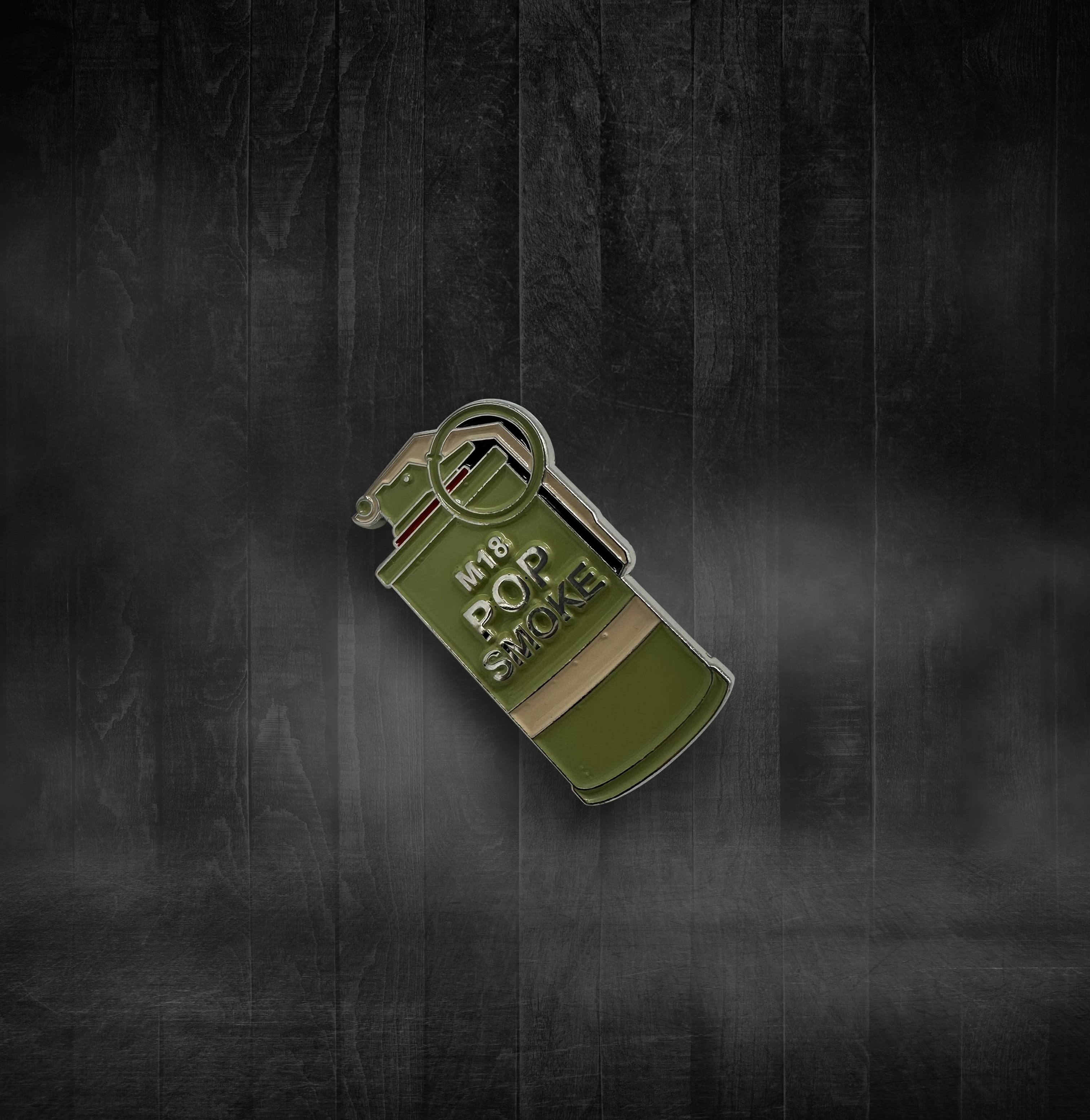


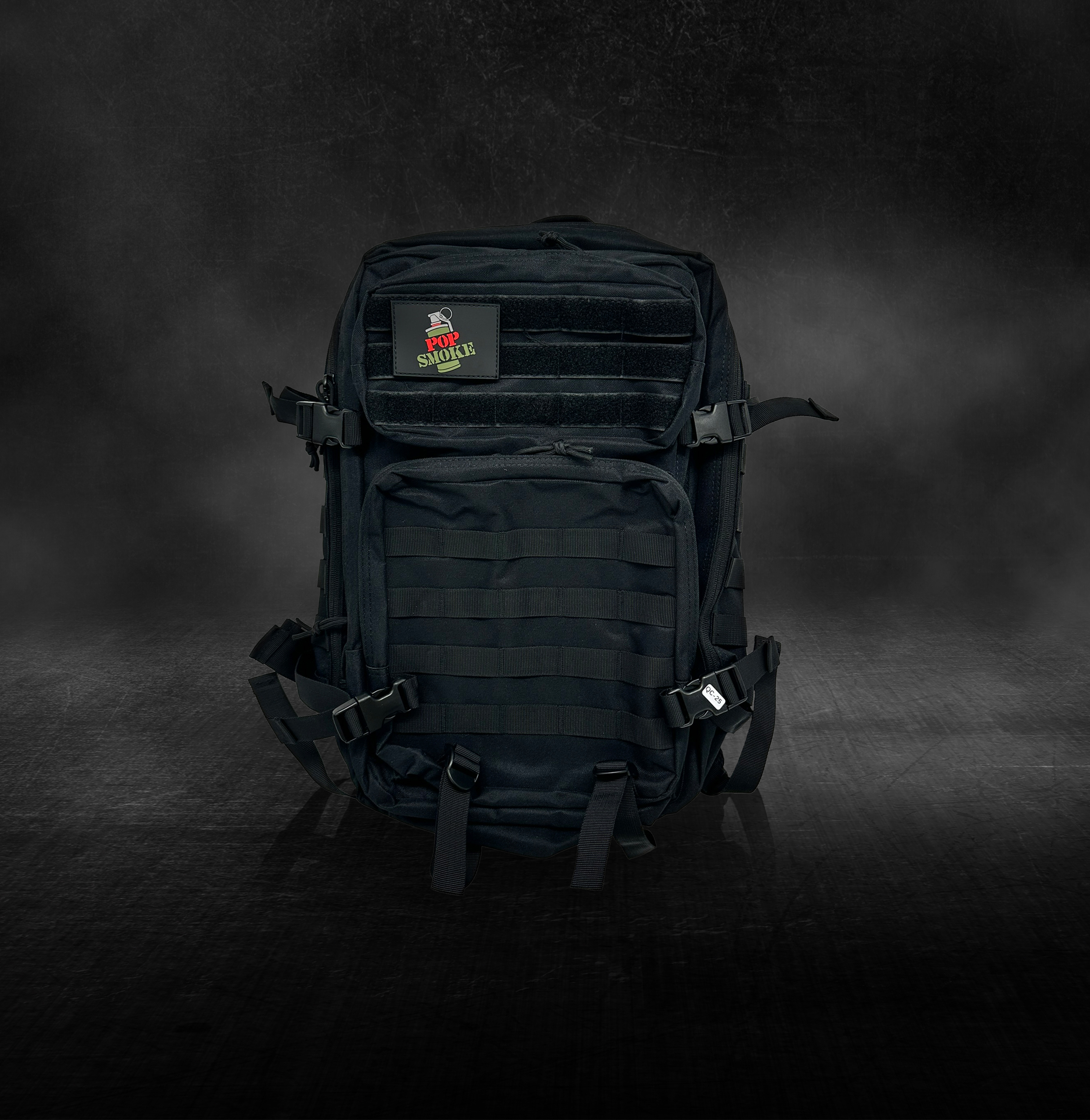
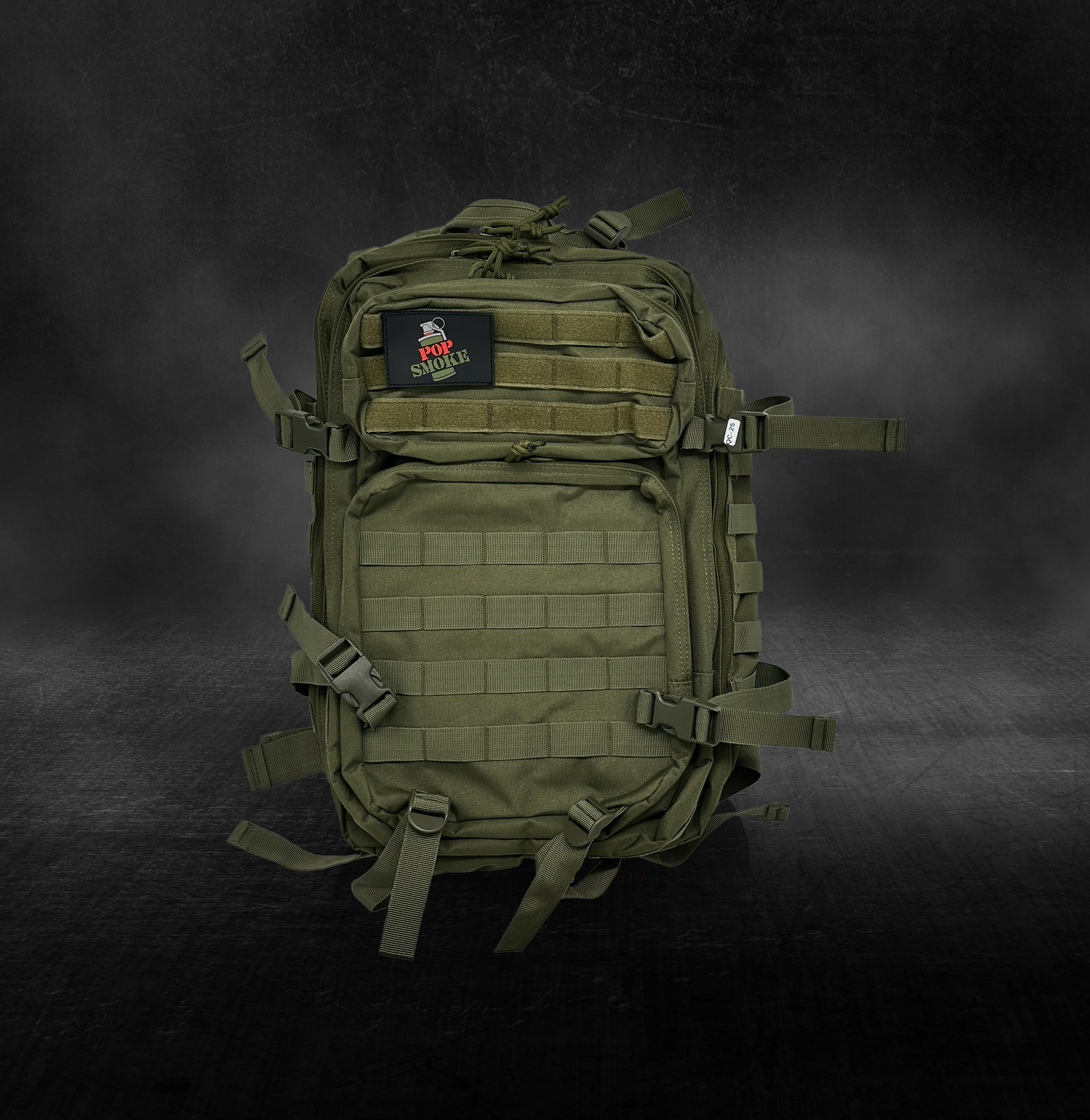
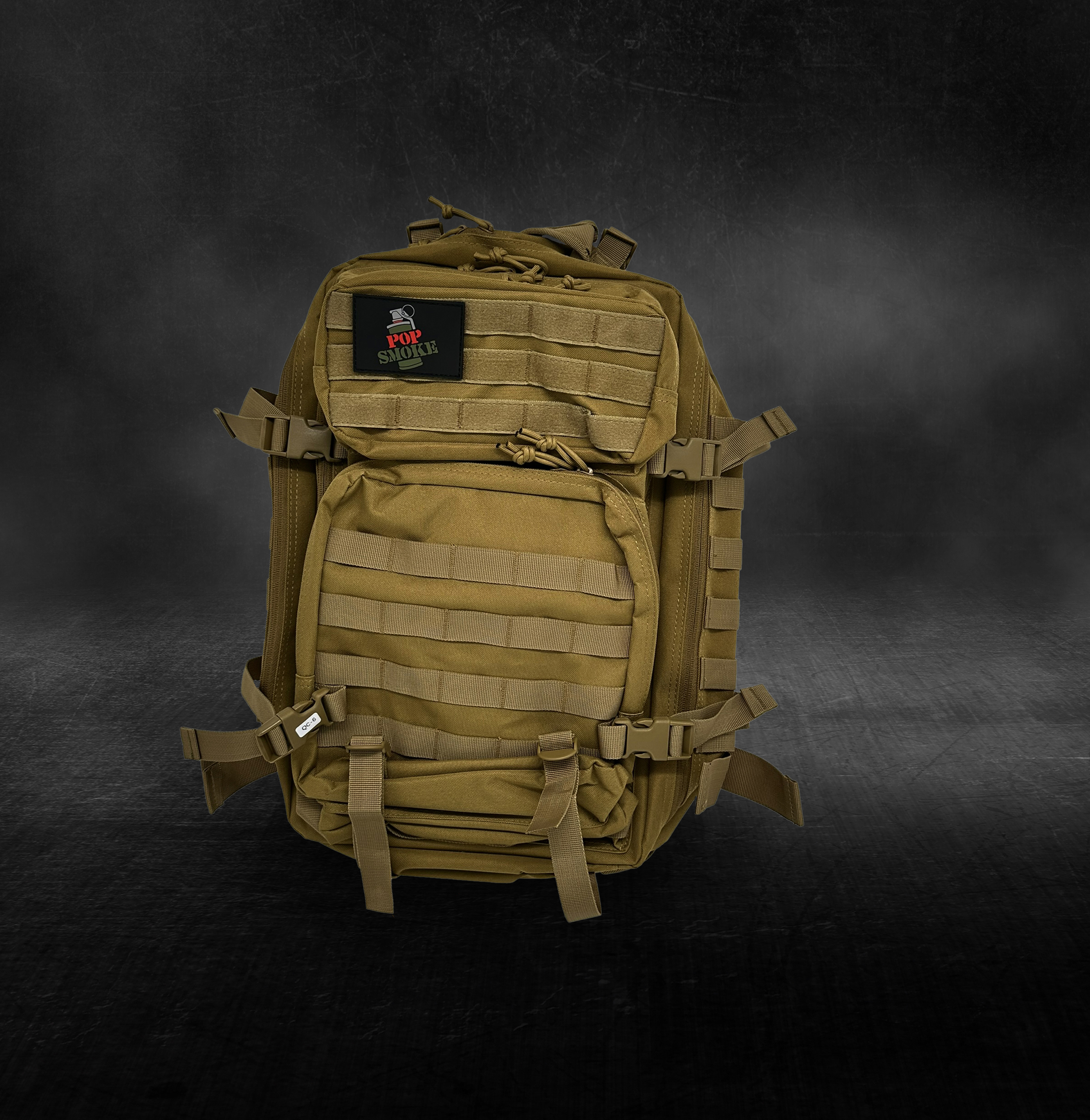
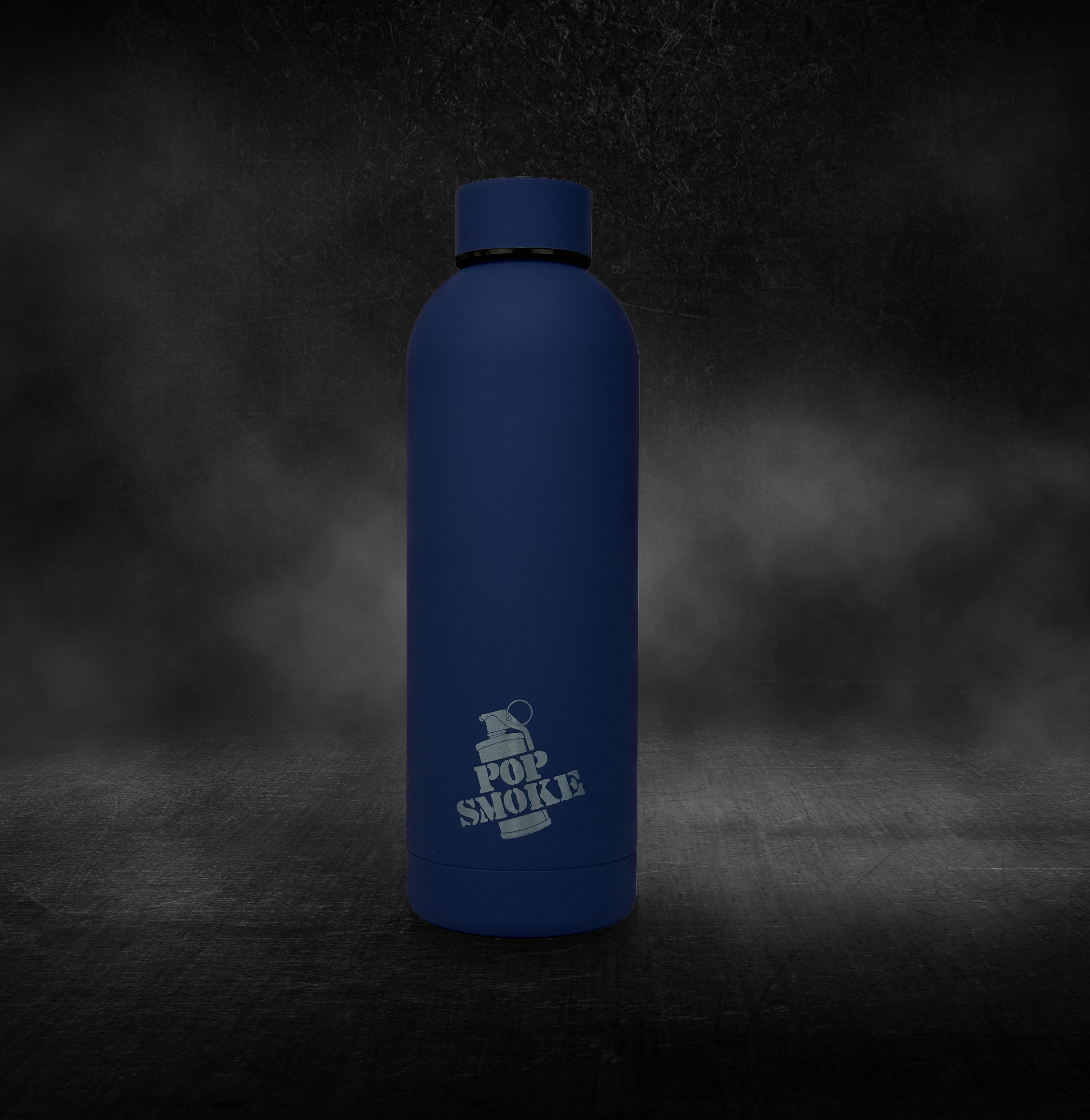
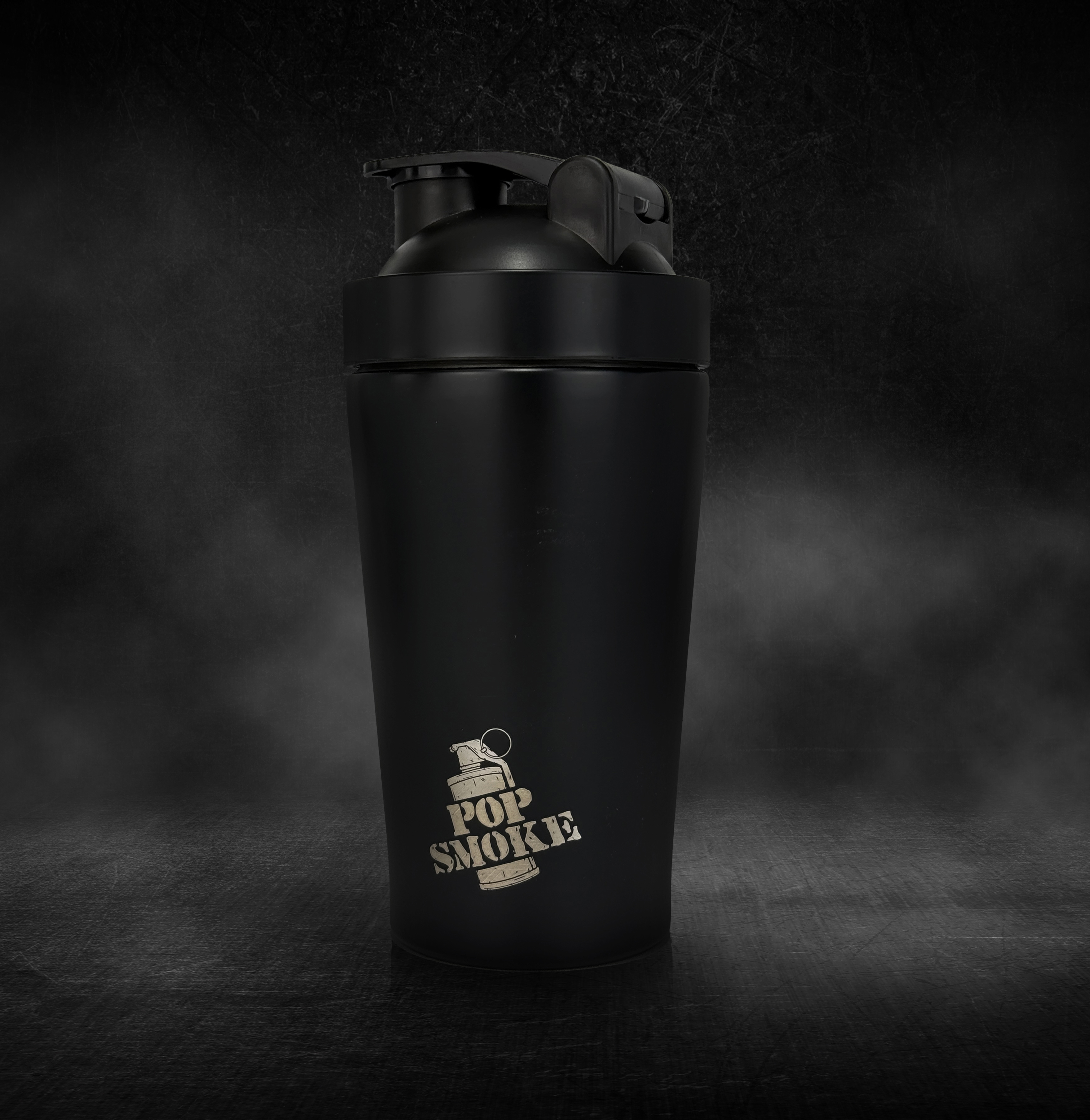
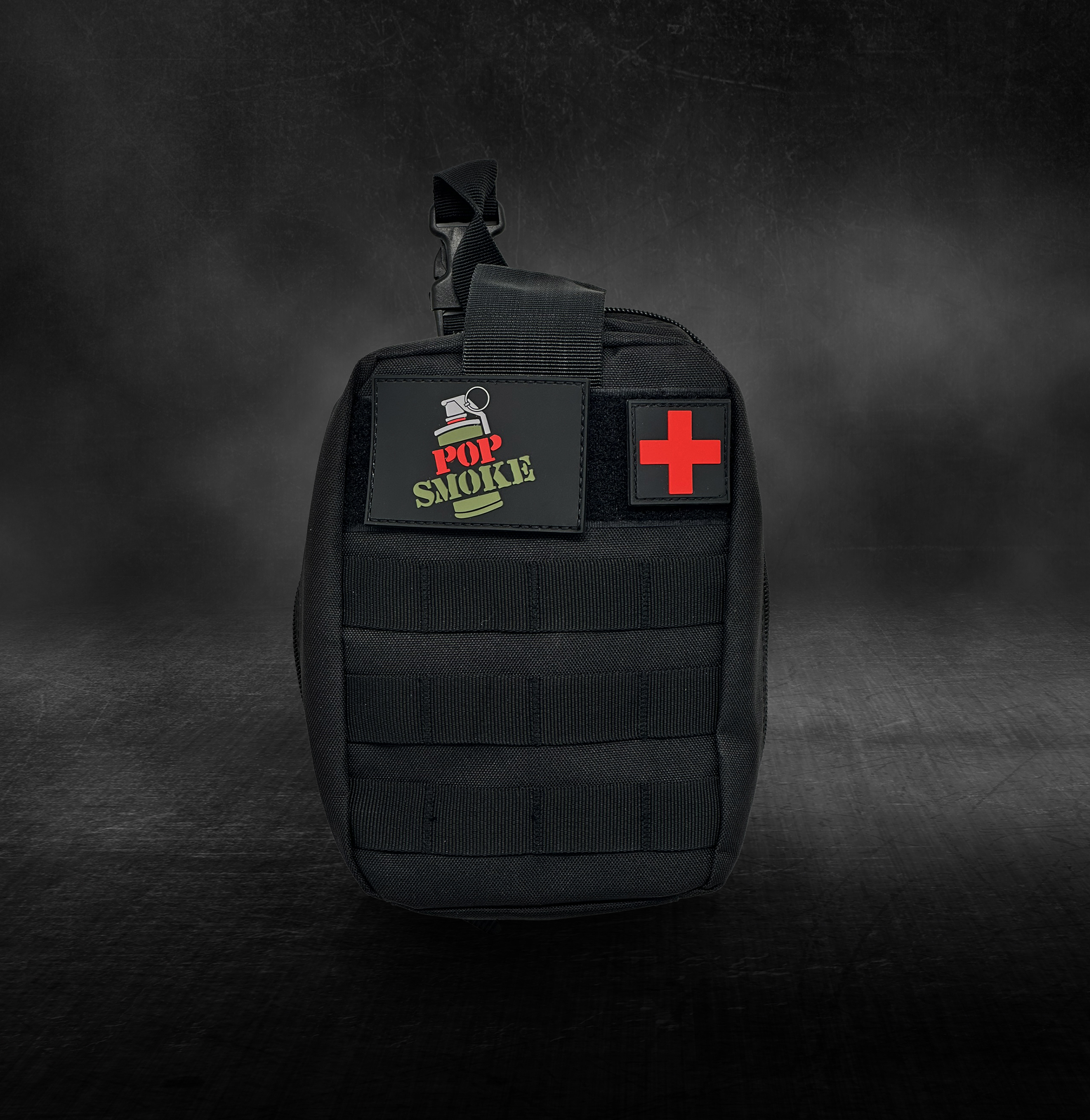



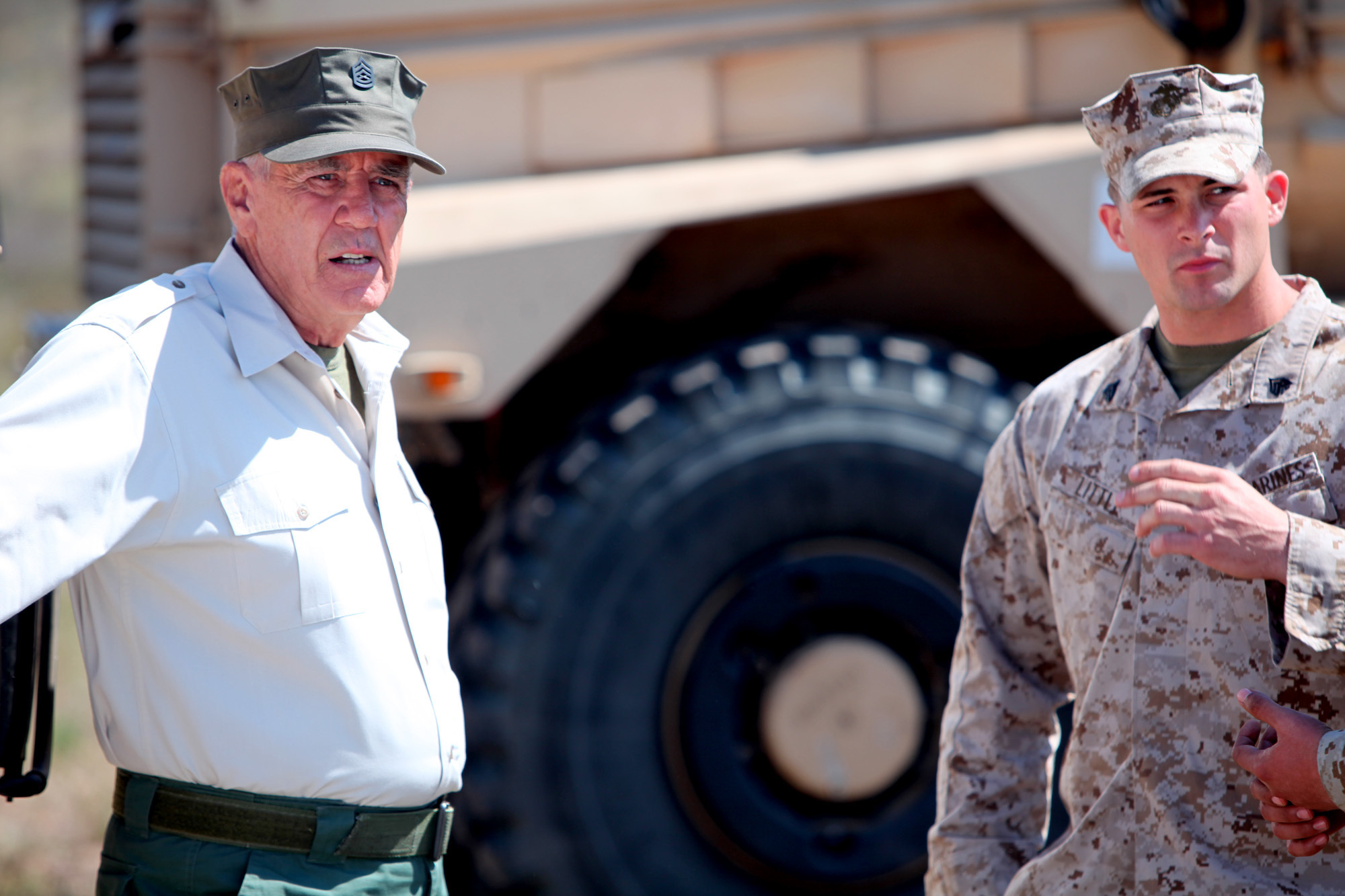



Conversation